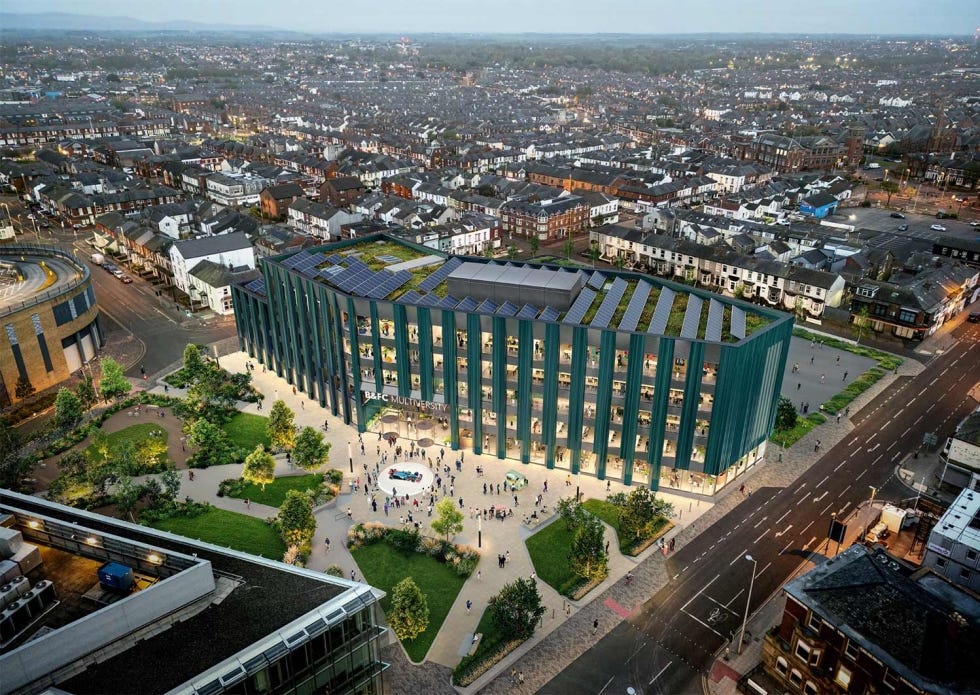Benefits of Multiversity scheme pushed but week one of public inquiry hears no evidence from objecting residents
The first week of the Multiversity public inquiry passed without hearing evidence from any residents who object to the scheme
By Emily Trelfa
One of the key figures behind Blackpool’s Multiversity scheme described its proposed site as “run down” as a public inquiry into the plans continued.
Planning consultant Ed Harvey said the proposed development will improve the area visually as well as playing a key role in th…




